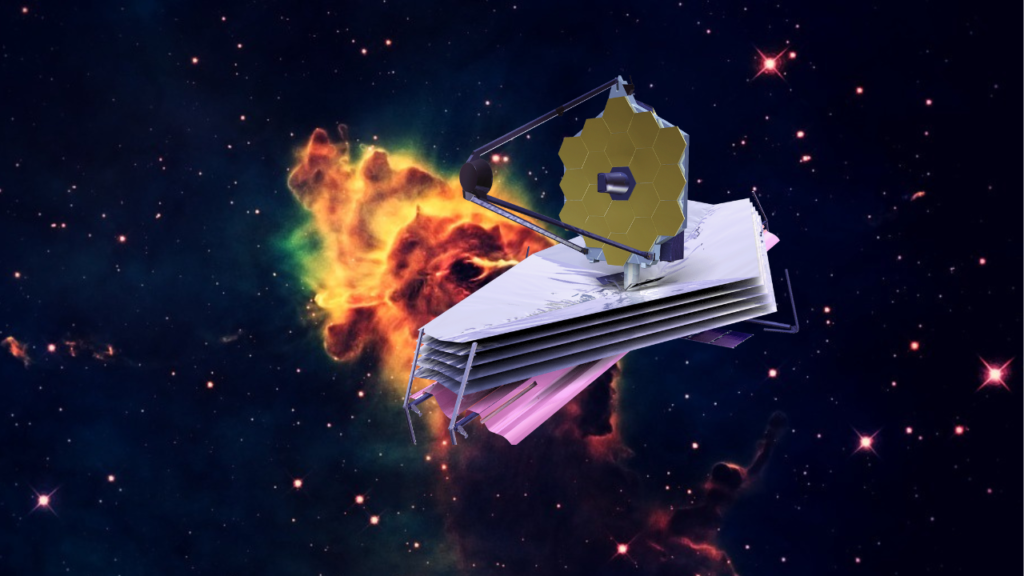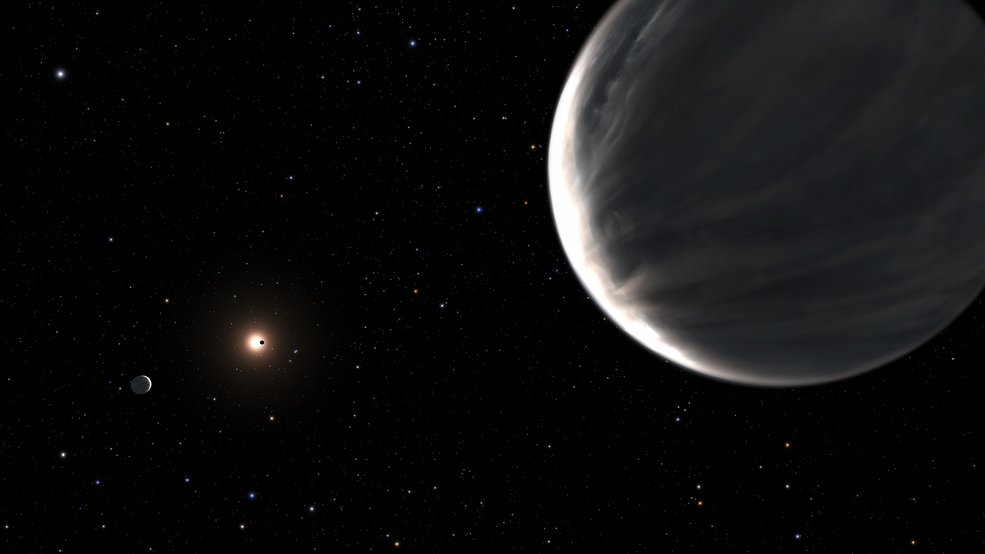The United Nations Office for Outer Space Affairs (UNOOSA) and the Japan Aerospace Exploration Agency (JAXA) have announced the winners of the 8th round of the KiboCUBE programme. This initiative, part of the United Nations/Japan Cooperation Programme on CubeSat Deployment, will see a joint team from the Dar es Salaam Institute of Technology in Tanzania and the Institut National Polytechnique Félix Houphouët Boigny (INP-HB) in Côte d’Ivoire deploy their CubeSat from the Japanese Experiment Module “Kibo” on the International Space Station (ISS).
Innovative Environmental and Biodiversity Project
The joint team from Dar es Salaam Institute of Technology and Institut National Polytechnique Félix Houphouët Boigny will build TanSat-1. This 1U CubeSat will measure 10cm x 10cm x 11.35cm and weighs up to 1.3kg. TanSat-1 aims to build capacity and demonstrate technology. It will collect IoT data, relay information, and acquire images. Furthermore, the mission showcases the growing space capabilities of Tanzania and Côte d’Ivoire.
Furthermore, the winning team from Tanzania and Côte d’Ivoire will use the CubeSat to track GPS boundary beacons in game reserves and gather environmental data through sensors. This project aims to enhance biodiversity conservation and climate change mitigation efforts and advance the achievement of multiple Sustainable Development Goals (SDGs).
A Milestone for Emerging Space Nations
The KiboCUBE programme has enabled five countries—Kenya, Guatemala, Mauritius, Moldova, and Indonesia—to become spacefaring nations and launch their satellites. In addition, this launch often catalyzes the creation of space agencies, the drafting of national laws, and the kick-starting of space economies. This collaboration marks the first time Tanzania and Côte d’Ivoire will deploy a satellite, further broadening the reach of space technology to emerging nations.
Previous African Awardees of the KiboCUBE Programme
Tunisia in 2022 (Sixth round of KiboCUBE)
In 2022, UNOOSA and JAXA announced the winners for the sixth round of the KiboCUBE initiative. The Tunisian Ecole Supérieure Privée d’Ingénierie et de Technologie Appliquée (ESPITA) emerged as one of the sixth round’s two awardees. Therefore, the award will see the Tunisian school launch the educational CubeSat TUNSAT-1 as the KiboCUBE programme.
Mauritius in 2018 (Third Round of KiboCUBE)
UNOOSA and JAXA selected a team from the Mauritius Research Council for the third round of the KiboCUBE programme. The Mauritius Research Council deployed the first Mauritian satellite, “MIR-SAT1”. The satellite includes a longwave infrared thermal camera to collect thermal infrared images of Mauritius and its surrounding areas. The team also aims to test the onboard communication capabilities of the CubeSat. They approached this by studying the satellite’s capacity to transfer information via satellite radio wave frequency.
Kenya in 2016 (First Round of KiboCUBE)
The first cube satellite (CubeSat) developed under the KiboCUBE programme of UNOOSA and JAXA was deployed on 11 May 2018 from the Japanese Experiment Module (Kibo) of the ISS with the Kibo robotic arm. The CubeSat, named “1KUNS-PF”, or “First Kenyan University Nano Satellite-Precursor Flight”, was developed by a team at the University of Nairobi after they were selected in 2016 for the first round of the KiboCUBE programme. It was Kenya’s first satellite, enabling Kenya to become a “space nation” with UNOOSA and JAXA’s support. In addition, the University of Nairobi team used its KiboCUBE CubeSat to test technologies it has developed for the future. Similarly, those technologies are intended for larger Earth observation satellites. The team also hopes to apply data acquired from its CubeSat to monitor agriculture and coastal areas.
Quotes from the Organisers of the KiboCUBE Programme
Aarti Holla-Maini, Director of UNOOSA, underscored the importance of enabling access to space for all. She noted, “Building capacity in space science and technology is essential for sustainable development.
Also, the KiboCUBE programme is part of the Access to Space for All initiative. It embodies UNOOSA and JAXA’s joint mission to promote global development through space technology. Therefore, I congratulate the winning team and look forward to realizing their dreams. This marks the beginning of great things for Tanzania and Côte d’Ivoire’s space sectors.”
Masaki Shirakawa, Director of the JAXA JEM Utilization Centre, said: “I am pleased that the joint team from Tanzania and Côte d’Ivoire has joined the 8th KiboCUBE round. JAXA, cooperating with UNOOSA, will help develop and deploy their first satellite from the ISS’s Kibo module. Therefore, it is exciting that KiboCUBE has become a sustainable programme that advances space technology in emerging space nations. UNOOSA’s extensive network across emerging space countries is invaluable to this effort. On the other hand, JAXA is committed to fully using our technical competence and Kibo’s unique capabilities. Thus, we aim to develop space technology together in countries without launching capabilities.”
Preksedis M. Ndomba, Rector of the Dar es Salaam Institute of Technology, said: “The Dar es Salaam Institute of Technology proudly accepts the award for the 8th round of KiboCUBE. We credit the Government of the United Republic of Tanzania’s leadership in advancing space technology in our country.
In addition, we thank UNOOSA, JAXA, and other partners for their exceptional support. Finally, we appreciate their endorsement of our mission to use space technology for Africa’s benefit. We aim to apply space technology across various sectors throughout the continent.”
Moussa Abdoul-Kader Diaby, Director General of the INP-HB, said: “We at the INP-HB of Côte d’Ivoire feel honoured to jointly win the 8th round of the KiboCUBE programme, alongside the DIT of Tanzania. Also, we thank UNOOSA and JAXA for the opportunity to build our space capacity through this programme. The collaboration with Tanzania reflects the African Union’s vision of promoting space technology capacity-building through collaborative efforts. Thus, we pledge to supply all necessary resources for success.”
Source: https://spaceinafrica.com/2024/07/30/joint-team-from-tanzania-and-cote-divoire-wins-kibocube-8th-round/


